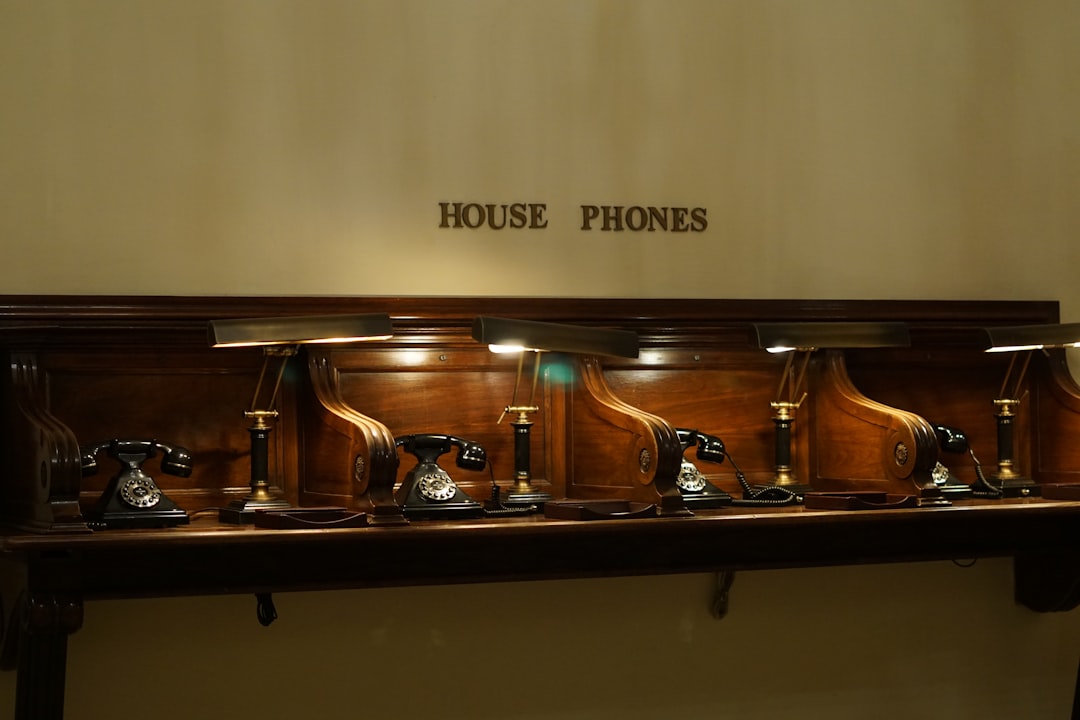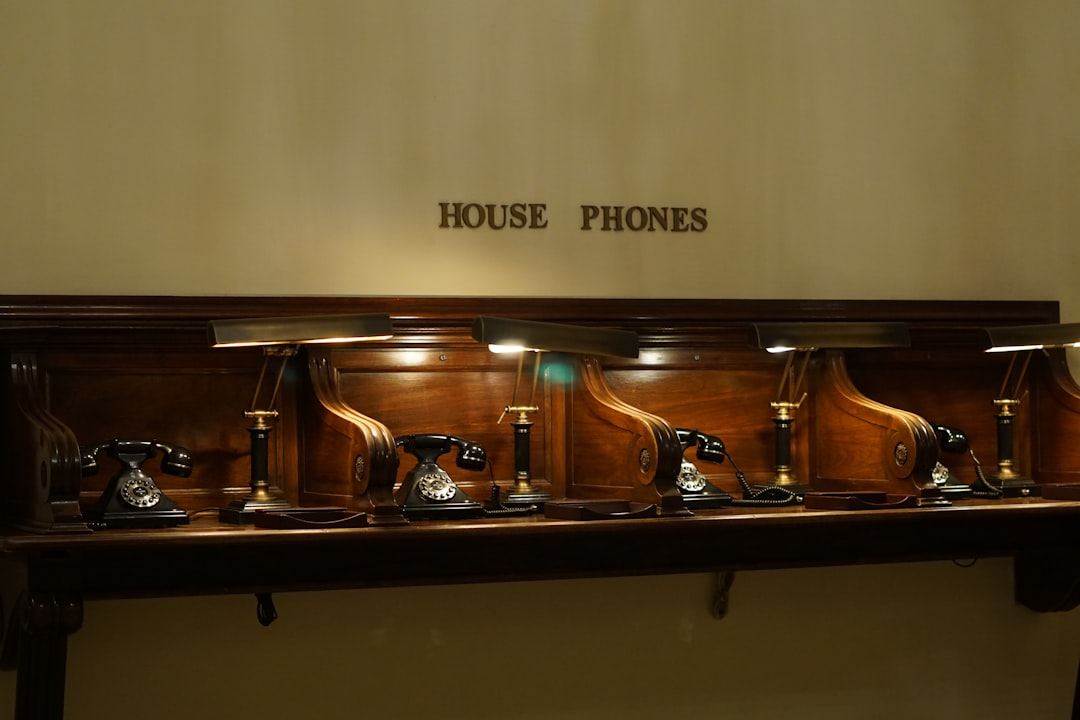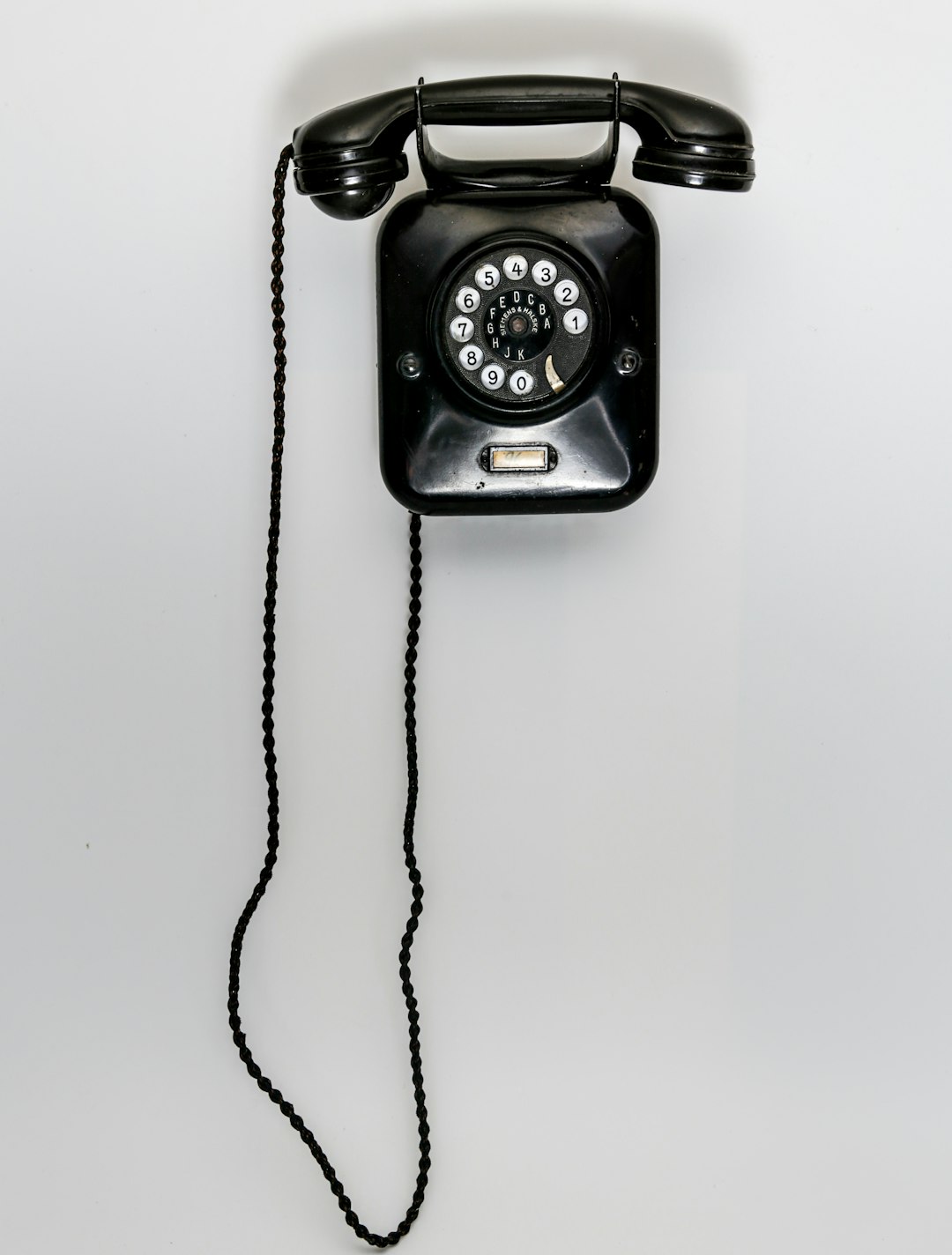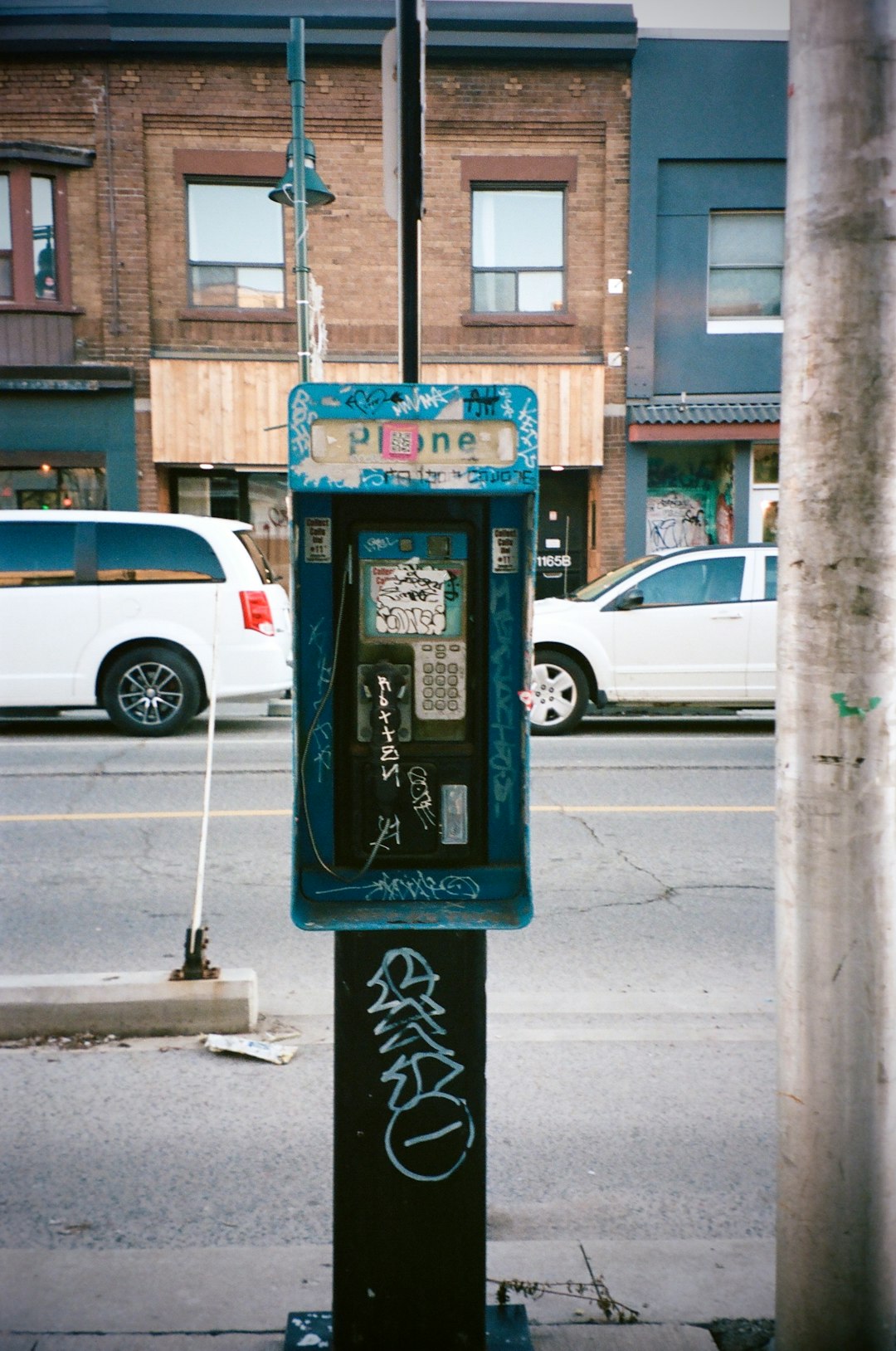Pennsylvania residents are protected from unwanted calls and texts by state and federal laws, including the Telephone Consumer Protection Act (TCPA). A robocall lawyer or spam call law firm in Philadelphia can help register numbers on the Do Not Call Registry, stop illegal calls, seek compensation, and navigate complex legal avenues to combat robocalls and spam messages.
Tired of relentless robocalls and spam texts? You’re not alone. In Pennsylvania, understanding your rights under state laws governing robocalls and spam is crucial. This guide navigates the legal landscape, exploring options from taking direct action against culprits to enrolling in Do Not Call lists with reputable law firms in Philadelphia. Discover how to protect yourself from unwanted intrusions and connect with leading robocall lawyers in Philadelphia for expert assistance.
Understanding Robocall and Spam Laws in PA

In Pennsylvania, both state and federal laws protect residents from intrusive and unwanted phone calls, specifically robocalls and spam. The Telephone Consumer Protection Act (TCPA) is a federal law that imposes restrictions on automated or prerecorded telephone calls, including robocalls, to personal and cellular telephones. Additionally, Pennsylvania has its own Do Not Call registry and specific laws against spam, ensuring residents’ privacy and peace of mind.
If you’re receiving frequent unwanted texts or robocalls from telemarketers, scammers, or any other entities, it’s crucial to understand your legal rights. A robocall lawyer or attorney specializing in spam call cases in Philadelphia can guide you through these laws and help you take the necessary steps to stop these annoying and often illegal calls. They can also assist with seeking compensation for any financial loss or distress caused by such unwanted communications.
Legal Actions Against Unwanted Texts and Calls

In Pennsylvania, both state and federal laws protect residents from unwanted text messages and robocalls. The Telephone Consumer Protection Act (TCPA) prohibits automated or prerecorded calls to mobile phones unless the caller has obtained explicit consent. Additionally, Pennsylvania’s Do Not Call Registry allows individuals to opt-out of receiving telemarketing calls, including robocalls. Those who violate these laws can face significant penalties, including treble damages and attorney fees.
If you’ve been a victim of repeated spam calls or illegal robocall campaigns, it’s advisable to consult with a robocall lawyer Philadelphia or spam call law firm Philadelphia. Experts in robocall laws Philadelphia and do not call law firms Philadelphia can help you understand your rights and take legal action against the perpetrators. Engaging an attorney specializing in these areas ensures that you receive the compensation and relief you’re entitled to under Pennsylvania’s consumer protection legislation.
Protecting Your Rights: Do Not Call Lists & Firms

In Pennsylvania, protecting your rights from unwanted texts and robocalls is easier thanks to various laws and resources available. One of the primary tools at your disposal are Do Not Call lists. Both state and federal laws mandate the creation and enforcement of these lists, ensuring that your number isn’t bombarded by unsolicited calls or messages from telemarketers and robocall operations. If you’re facing a relentless barrage of spam calls, consulting with a robocall lawyer Philadelphia or spam call law firm Philadelphia can be immensely beneficial. These legal professionals are well-versed in the state’s robocall laws Philadelphia and can guide you through options like registering your number on the National Do Not Call Registry or taking legal action against persistent violators.
For those dealing with unwanted texts, there are specific regulations in place to combat this issue. Engaging the services of a reputable lawyer for unwanted texts Philadelphia can help navigate these complex laws and establish boundaries. These experts understand the nuances of do not call law firms Philadelphia and can advocate for your rights, ensuring that your personal space is respected by businesses and individuals alike. By leveraging these legal protections, Pennsylvania residents can reclaim control over their communication channels and enjoy a quieter, more peaceful environment.






